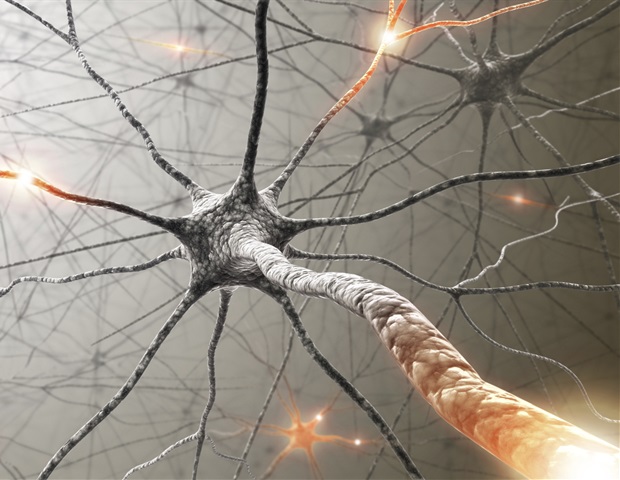
With help from the U.S. Division of Well being and Human Providers (HHS) Workplace of the Assistant Secretary for Well being (OASH), the Nationwide Institutes of Well being (NIH) is main the implementation of the Dr. Emmanuel Bilirakis and Honorable Jennifer Wexton Nationwide Plan to Finish Parkinson’s Act (P.L. 118-66), which was signed into legislation on July 2, 2024. This follows a delegation of authority from the Secretary of the Division of Well being and Human Providers to the NIH Director.
The act establishes a Federal Advisory Council on Parkinson’s Analysis, Care, and Providers and requires the creation and common updating of a nationwide plan to stop, diagnose, deal with, and remedy Parkinson’s, ameliorate signs, and sluggish or cease development. Along with Parkinson’s illness, the nationwide plan can even goal different neurodegenerative Parkinsonisms, together with a number of system atrophy, corticobasal degeneration, progressive supranuclear palsy, and Parkinson’s-related dementia.
The targets of the act are to coordinate Parkinson’s-related analysis and providers throughout federal businesses; pace the event of secure and efficient remedies; enhance early prognosis; facilitate coordination of care and therapy; scale back the affect of Parkinson’s on the bodily, psychological, and social well being of people residing with Parkinson’s and their caregivers and households; and enhance worldwide coordination.
In anticipation of implementing this act, NIH is looking for nominations for people to serve on the Federal Advisory Council on Parkinson’s Analysis, Care, and Providers that can present recommendation on Parkinson’s-related points, together with suggestions for precedence actions to be included within the nationwide plan. The council will embrace two affected person advocates, together with one particular person who resides with young-onset PD; a household caregiver; a healthcare supplier; two biomedical researchers with Parkinson’s associated experience; a motion issues specialist who treats individuals with Parkinson’s; a dementia specialist who treats individuals with Parkinson’s; and two representatives from Parkinson’s-related nonprofit organizations. Moreover, the council may have representatives from 13 federal businesses which might be concerned in Parkinson’s analysis, scientific care, or care providers. The council shall be co-chaired by the director of the NIH’s Nationwide Institute of Neurological Issues and Stroke and the affiliate deputy director for the Workplace of Science and Medication for HHS’ OASH.